Nvidia to host Argonne National Laboratory's largest supercomputer
Polaris will feature Nvidia’s A100 Tensor Core GPUs
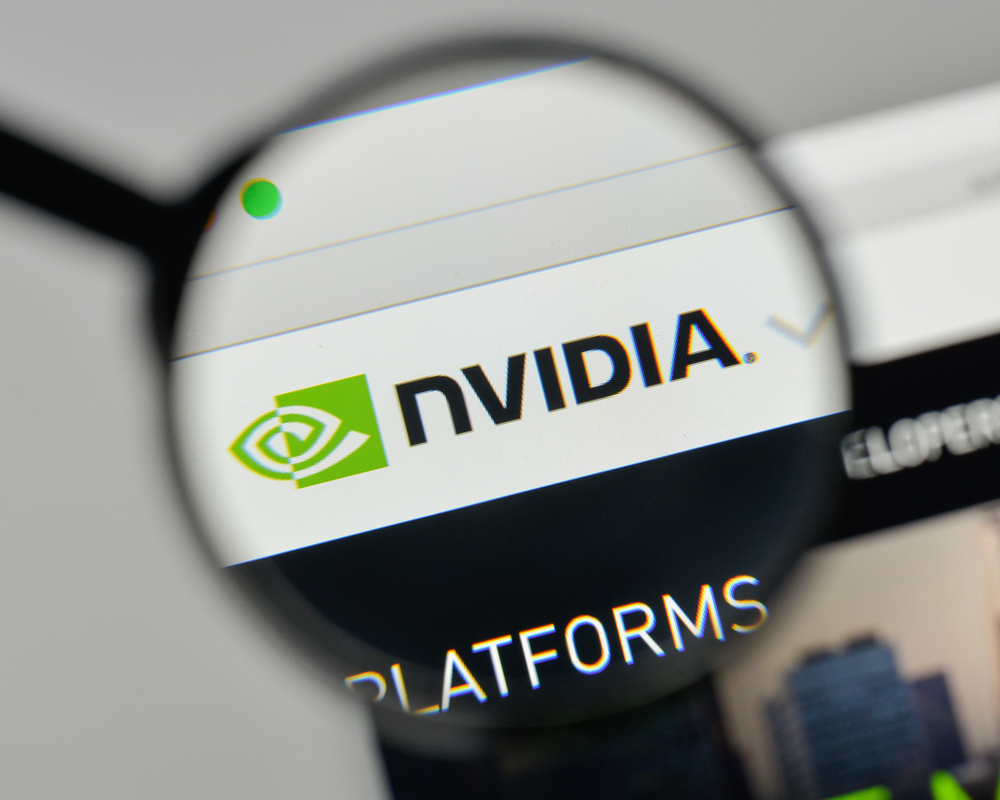
Nvidia has announced its accelerated computing platform will host Argonne National Laboratory's largest supercomputer, Polaris.
The HPE-developed Polaris is estimated to have 560 nodes with four Nvidia A100 Tensor Core GPUs each. Up to 20 times faster than its predecessor, A100 can be partitioned into seven GPU instances on demand.
With 2,240 Nvidia A100 Tensor Core GPUs, Polaris can reach nearly 1.4 exaflops of theoretical artificial intelligence (AI) performance and approximately 44 petaflops of peak double-precision. Pairing simulation with machine learning, this supercomputer can tackle the most data-intensive AI computing workloads.
According to the US Department of Energy, Polaris will supercharge Argonne Leadership Computing Facility’s (ALCF’s) scientific research and algorithms.
In addition to government agencies, Polaris can be accessed by academic researchers and industry experts, thanks to ALCF's peer-reviewed application and allocation programs.
“Polaris is a powerful platform that will allow our users to enter the era of exascale AI,” stated Michael Papka, director of ALCF.
Papka added, “Harnessing the huge number of Nvidia A100 GPUs will have an immediate impact on our data-intensive and AI HPC workloads, allowing Polaris to tackle some of the world’s most complex scientific problems.”
Get the ITPro daily newsletter
Sign up today and you will receive a free copy of our Future Focus 2025 report - the leading guidance on AI, cybersecurity and other IT challenges as per 700+ senior executives
RELATED RESOURCE

The IT expert’s guide to AI and content management
How artificial intelligence and machine learning could be critical to your business
Lastly, Polaris will allow researchers to upload their workloads to Aurora, the upcoming exascale system from Argonne.
“The era of exascale AI will enable scientific breakthroughs with massive scale to bring incredible benefits for society,” said Ian Buck, vice president and general manager of accelerated computing at Nvidia.
“Nvidia’s GPU-accelerated computing platform provides pioneers like the ALCF breakthrough performance for next-generation supercomputers such as Polaris that let researchers push the boundaries of scientific exploration.”
-
 Westcon-Comstor and Vectra AI launch brace of new channel initiatives
Westcon-Comstor and Vectra AI launch brace of new channel initiativesNews Westcon-Comstor and Vectra AI have announced the launch of two new channel growth initiatives focused on the managed security service provider (MSSP) space and AWS Marketplace.
By Daniel Todd Published
-
 Third time lucky? Microsoft finally begins roll-out of controversial Recall feature
Third time lucky? Microsoft finally begins roll-out of controversial Recall featureNews The Windows Recall feature has been plagued by setbacks and backlash from security professionals
By Emma Woollacott Published
-
 ‘This is the first event in history where a company CEO invites all of the guests to explain why he was wrong’: Jensen Huang changes his tune on quantum computing after January stock shock
‘This is the first event in history where a company CEO invites all of the guests to explain why he was wrong’: Jensen Huang changes his tune on quantum computing after January stock shockNews Nvidia CEO Jensen Huang has stepped back from his prediction that practical quantum computing applications are decades away following comments that sent stocks spiraling in January.
By Nicole Kobie Published
-
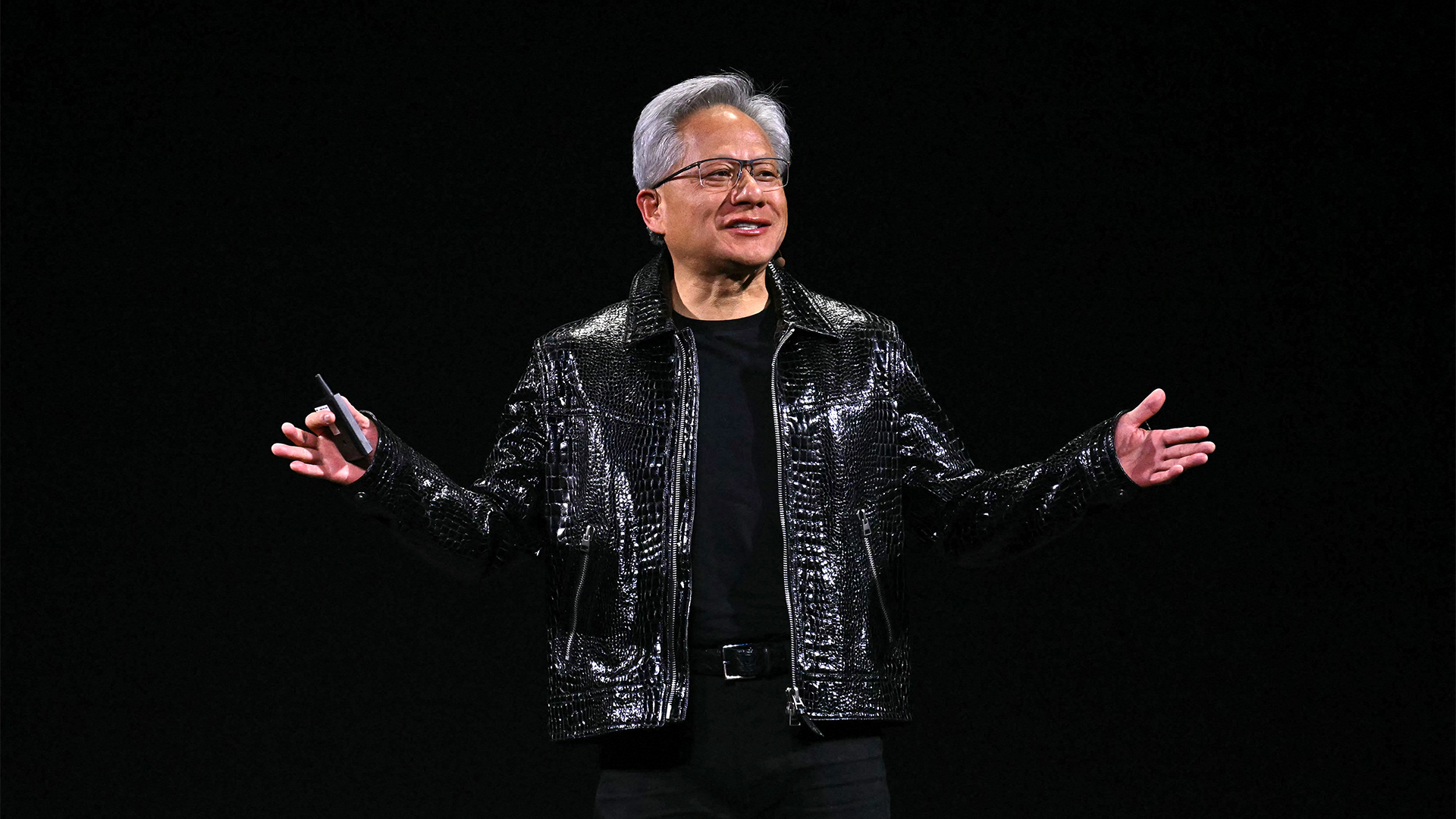 We’re optimistic that within five years we’ll see real-world applications’: Google thinks it’s on the cusp of delivering on its quantum computing dream – even if Jensen Huang isn't so sure
We’re optimistic that within five years we’ll see real-world applications’: Google thinks it’s on the cusp of delivering on its quantum computing dream – even if Jensen Huang isn't so sureNews Nvidia CEO Jensen Huang sent shares in quantum computing firms tumbling last month after making comments on the near-term viability of the technology.
By Ross Kelly Last updated
-
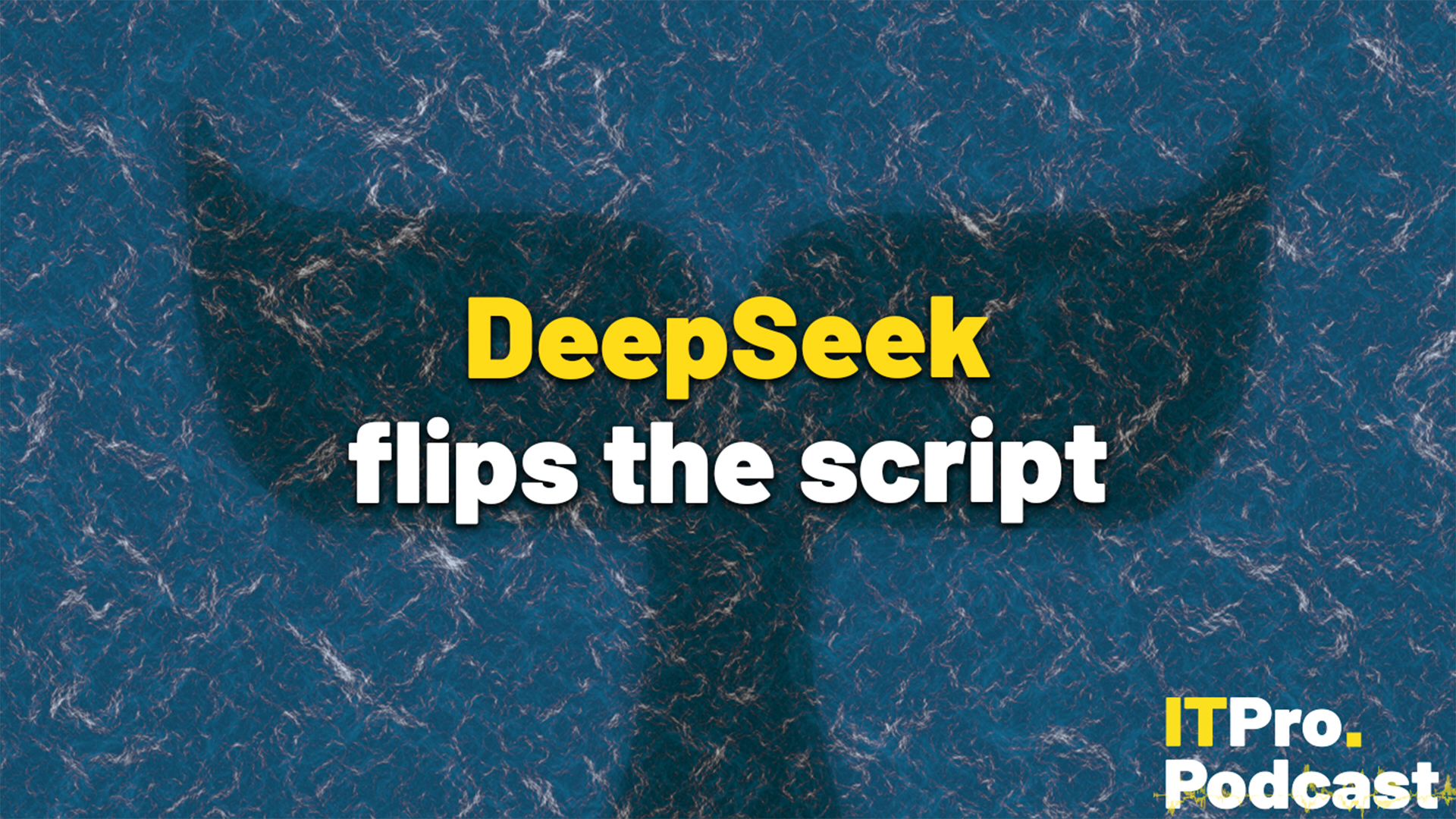 DeepSeek flips the script
DeepSeek flips the scriptITPro Podcast The Chinese startup's efficiency gains could undermine compute demands from the biggest names in tech
By Rory Bathgate Published
-
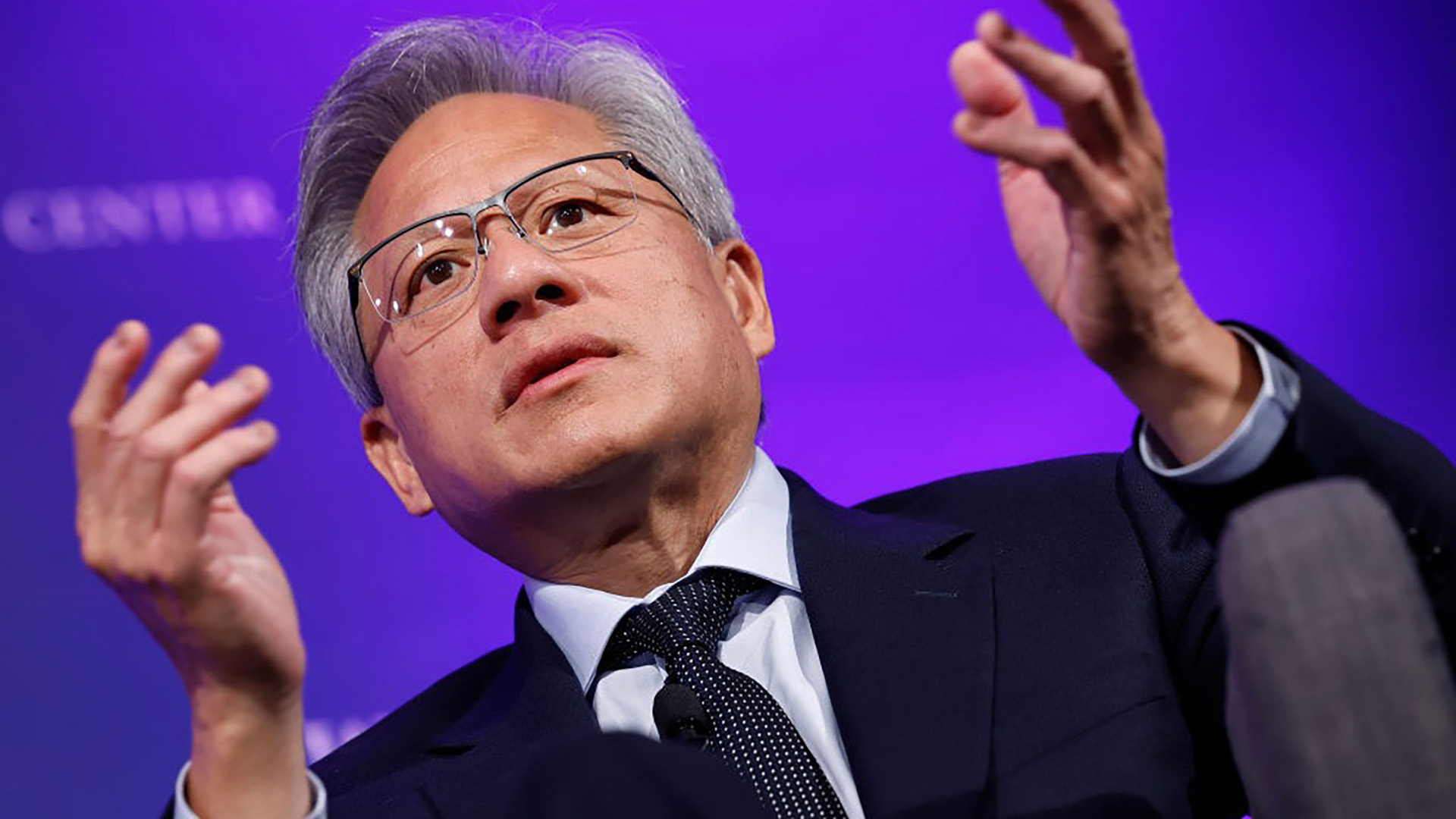 Jensen Huang doesn't think AI will come for his job — but other CEOs might disagree
Jensen Huang doesn't think AI will come for his job — but other CEOs might disagreeNews A survey last year found almost half of CEOs believe they could be replaced with AI, but Nvidia’s superstar CEO thinks otherwise
By Solomon Klappholz Published
-
 HPE’s ‘one-click AI solution’ for private cloud cuts project times from months to a ‘single moment’
HPE’s ‘one-click AI solution’ for private cloud cuts project times from months to a ‘single moment’News The new tools allow generative AI virtual assistants to be launched in seconds, using private data
By Emma Woollacott Last updated
-
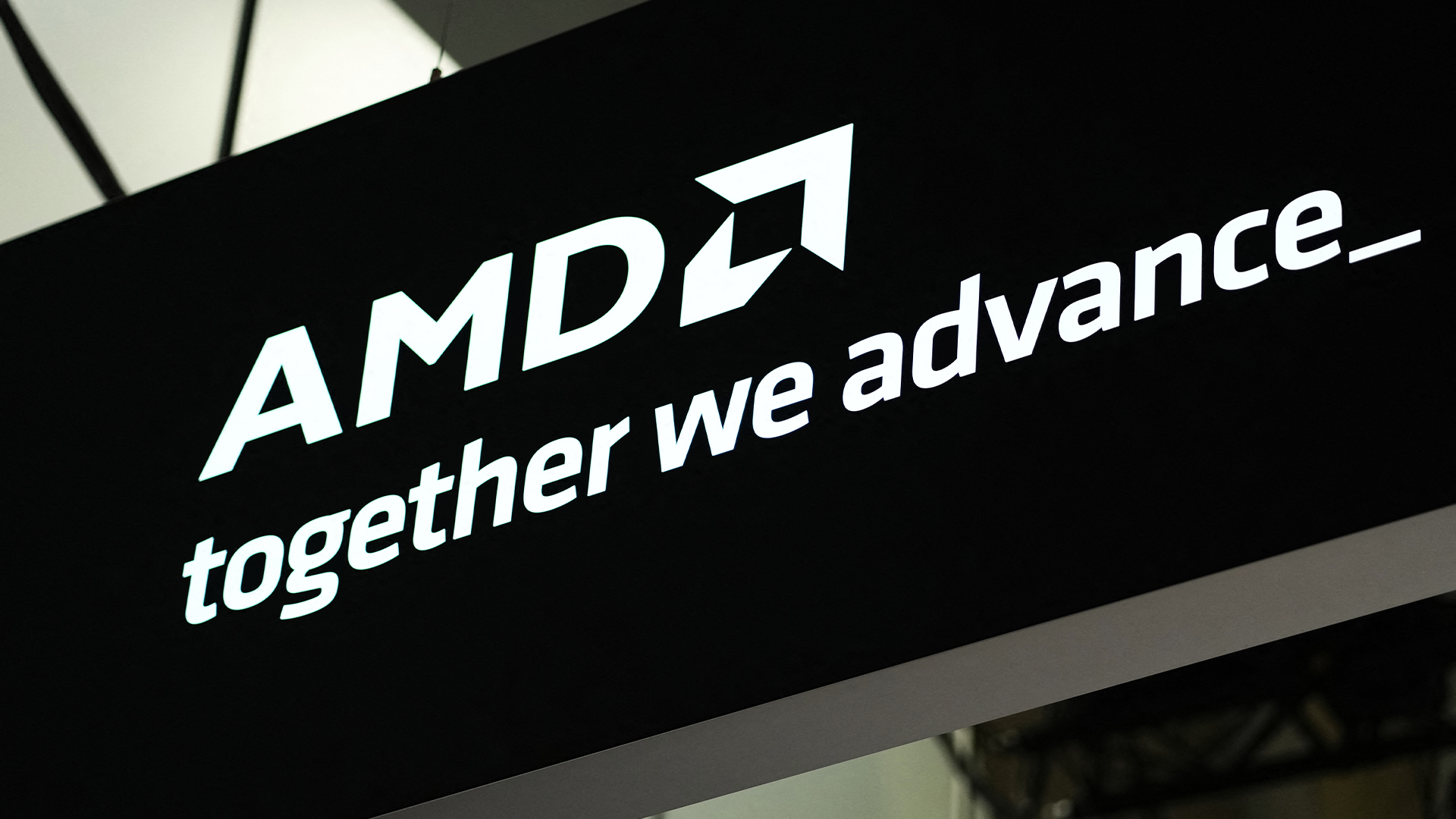 AMD’s acquisition spree continues with $665 million deal for Silo AI
AMD’s acquisition spree continues with $665 million deal for Silo AINews The deal will enable AMD to bolster its portfolio of end-to-end AI solutions and drive its ‘open standards’ approach to the technology
By Ross Kelly Published
-
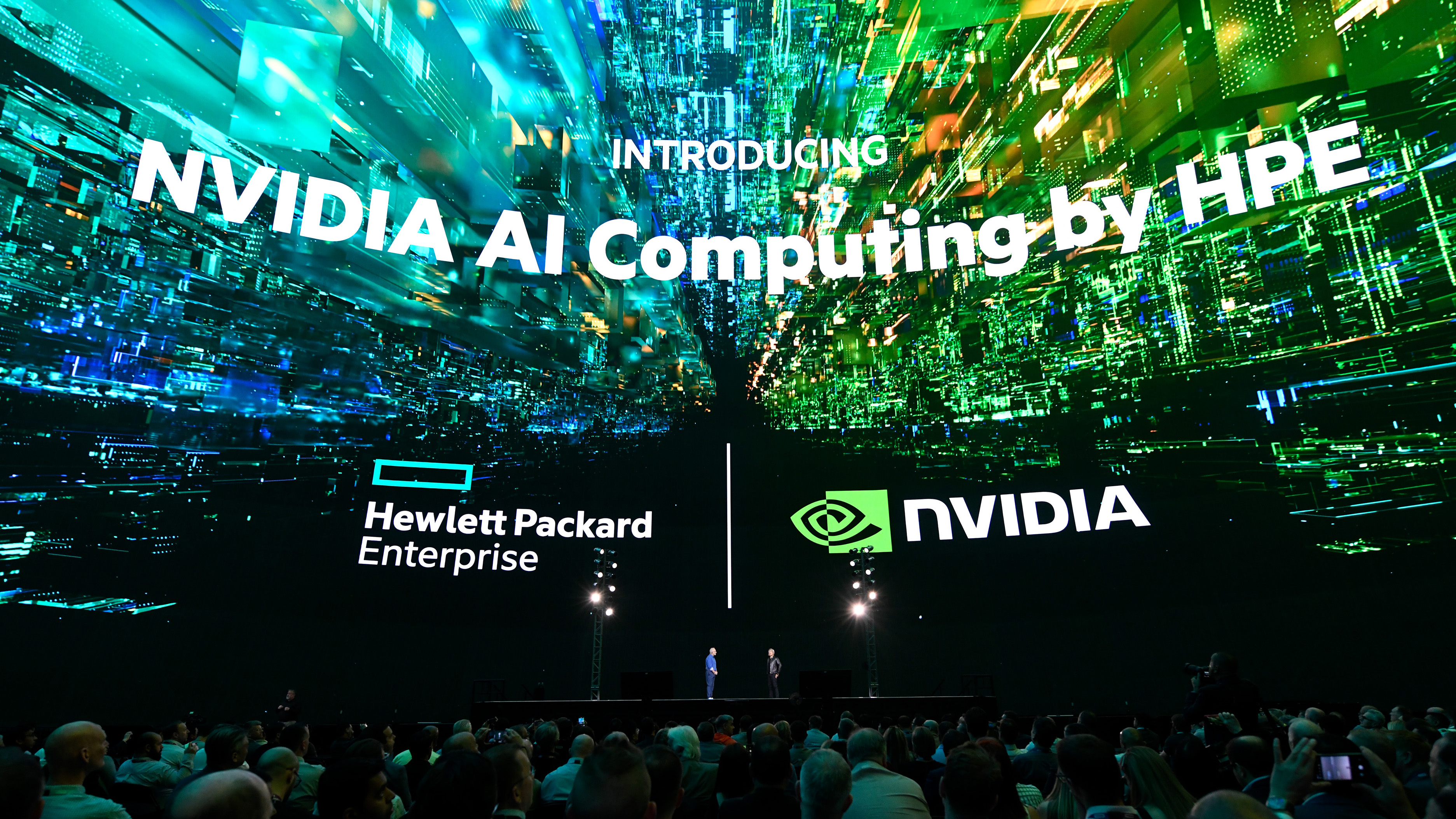 HPE’s drive for enterprise AI dominance continues with new Nvidia partnership
HPE’s drive for enterprise AI dominance continues with new Nvidia partnershipNews Nvidia AI computing by HPE brings a slew of new AI products to market
By Jane McCallion Published
-
 Kyndryl strikes new partnership with Nvidia to drive generative AI adoption
Kyndryl strikes new partnership with Nvidia to drive generative AI adoptionNews The integration between Kyndryl Bridge and Nvidia AI aims to tackle customers’ biggest integration pain points
By Daniel Todd Published